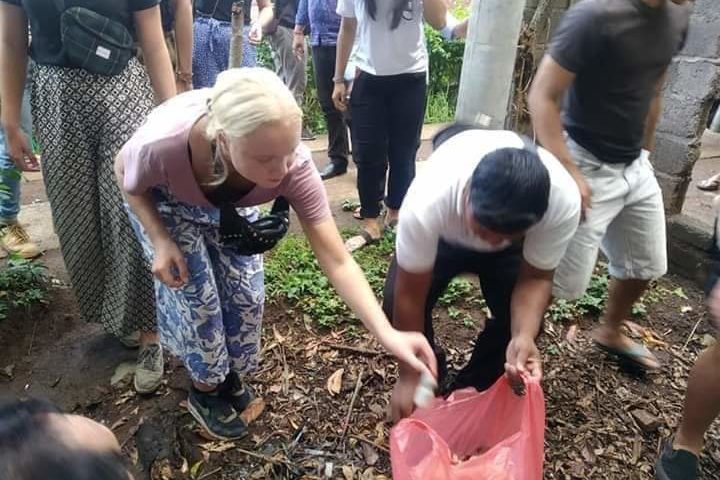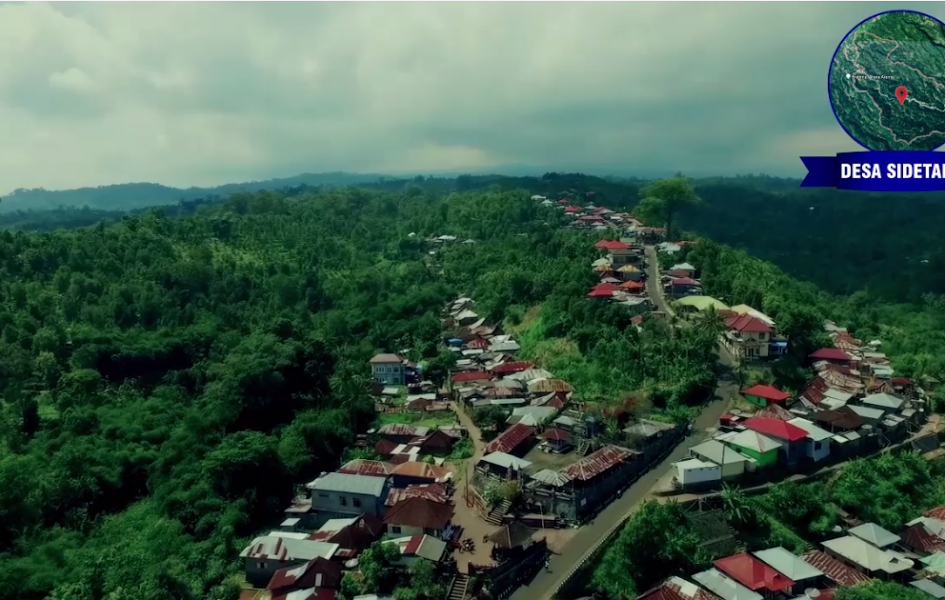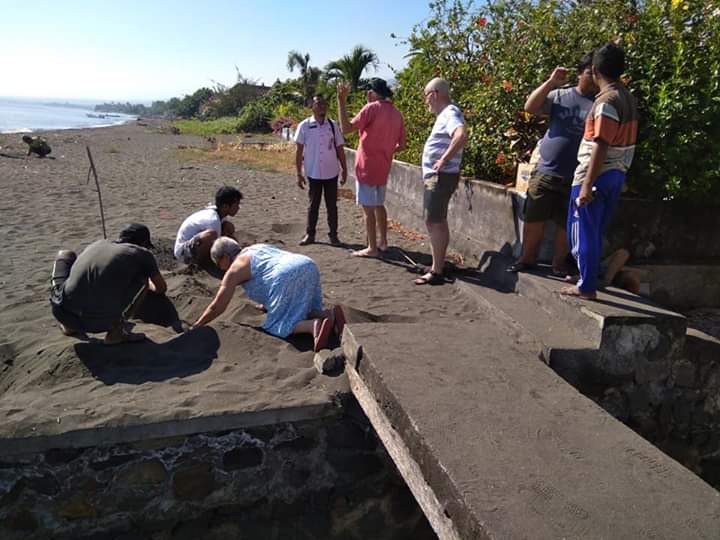Unveiling the Path to a Greener Future: Reducing Plastic Waste in Nature
Plastic waste has become a global environmental crisis, causing severe harm to ecosystems, wildlife, and human health. The improper disposal and mismanagement of plastic waste result in its accumulation in nature, including oceans, forests, and other natural habitats. Recognizing the urgency to address this issue, efforts are being made worldwide to reduce plastic waste and prevent its detrimental impact on the environment. In this article, we will explore the importance of reducing plastic waste in nature, the challenges associated with it, and the solutions available to tackle this pressing problem.
The Impact of Plastic Waste on Nature:
Plastic waste poses a significant threat to ecosystems and wildlife. It takes hundreds of years to decompose, and during this time, it releases harmful chemicals and microplastics into the environment. Marine creatures mistakenly consume plastic debris, leading to entanglement, internal injuries, and death. Land animals and birds suffer similar consequences when they ingest or become entangled in plastic waste. Additionally, plastic pollution disrupts natural habitats, alters ecological processes, and contributes to the overall degradation of ecosystems.
Raising Awareness and Changing Mindsets:
One of the fundamental steps in reducing plastic waste in nature is raising awareness about the environmental impact of plastics. Education campaigns, community outreach programs, and media initiatives play a crucial role in informing individuals about the consequences of plastic pollution. By fostering a collective understanding and encouraging responsible behaviors, we can begin to shift mindsets towards more sustainable practices.
Reducing Single-Use Plastics:
Single-use plastics, such as plastic bags, straws, bottles, and packaging, are major contributors to plastic waste in nature. Efforts to reduce single-use plastics include implementing bans or levies, promoting reusable alternatives, and encouraging responsible consumer choices. By adopting reusable bags, water bottles, and utensils, individuals can significantly minimize their plastic footprint and contribute to the reduction of plastic waste.
Recycling and Waste Management:
Improving waste management systems and expanding recycling infrastructure are crucial elements in reducing plastic waste. Governments, businesses, and individuals must work together to enhance recycling facilities, increase the collection and sorting of plastic waste, and promote the use of recycled materials in manufacturing. Creating a circular economy for plastics helps reduce the demand for new plastic production and minimizes plastic leakage into the environment.
Innovative Solutions and Alternatives:
Innovation plays a vital role in finding alternatives to plastic and developing sustainable solutions. Biodegradable and compostable materials can replace certain single-use plastics. Additionally, exploring new packaging designs, promoting the use of eco-friendly materials, and supporting research and development initiatives can lead to groundbreaking solutions that reduce plastic waste in nature.
Collaborative Action and Policy Changes:
Addressing the plastic waste crisis requires collaborative efforts from governments, businesses, civil society, and individuals. Governments can implement comprehensive policies and regulations that promote sustainable practices, such as extended producer responsibility, plastic waste reduction targets, and incentives for eco-friendly alternatives. Businesses can adopt environmentally friendly packaging, invest in recycling infrastructure, and support research for sustainable materials. Individuals can actively participate in clean-up campaigns, support local initiatives, and advocate for policy changes.
Reducing plastic waste in nature is an urgent global priority that demands immediate action. By raising awareness, changing mindsets, reducing single-use plastics, improving waste management, fostering innovation, and implementing collaborative policies, we can make significant progress in tackling this crisis. Every individual has a role to play in adopting sustainable practices and advocating for a greener future. Together, we can preserve the beauty of nature, protect wildlife, and ensure a healthier planet for generations to come.




